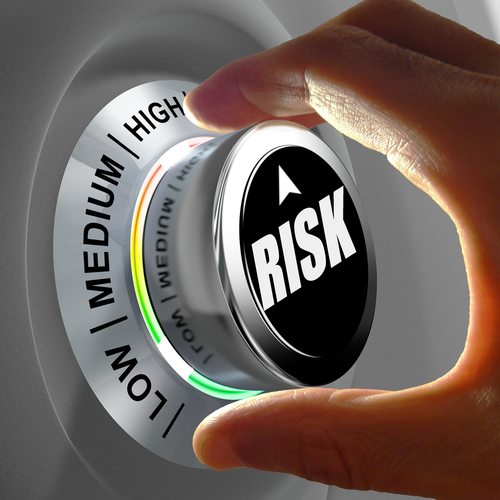Earlier this week, news broke of the House unanimously approving The Defending the Integrity of Voting Systems Act, which would make hacking federal voting systems a crime. The legislation is a bipartisan bill that was introduced last year – it’s now moving on to the POTUS’ desk for a signature.
The opinions expressed in this post belongs to the individual contributors and do not necessarily reflect the views of Information Security Buzz.



